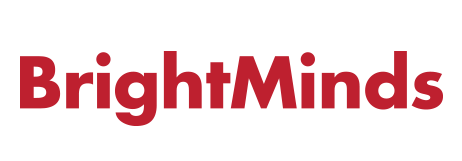The roles of HR professionals have extended beyond administrative work and traditional recruiting. HR professionals of today are instrumental in strategy planning and bringing pertinent insights onto the management table.
Over the last few decades, the HR profession has evolved dramatically in response to both internal and external conditions. Economic changes have spurred the evolution of a HR professional from administrative-in-charge and hiring manager to important business strategy planner.
By turning a keen eye to trends and technological advances and helping the company adapt to them, the Human Resources (HR) department has grown to become a crucial part of any organisation. With their increased authority at the management table, HR managers make major business decisions pertaining to downsizing, outsourcing, employee retention as well as recruitment.
Bearers of Essential Knowledge
HR professionals’ multi-faceted roles and their relationships with other employees put them in a good position to offer relevant advice to C-suite managers on their organisation’s human capital needs, employee management strategies and employee development plans. In being responsible for a myriad of functions including employee recruitment and training, they also play a pivotal role in ensuring that fellow employees’ skillsets and competencies are in line with the business direction.
Their knowledge of today’s workforce also affords them the perspective that it is important to not only attract talented millennials, but also integrate them with older workers in their organisation. Granted, this integration process can be challenging because both groups possess unique characteristics and abilities stemmed from differing life experiences. However, HR professionals understand that a multi-generational workforce provides a basis for different skillsets and perspectives to combine and be effectively harnessed.
This leads them to plan and drive internal strategies that embrace multi-generational collaboration. Such strategies include the implementation of mentorship schemes, where new hires are paired up with senior employees in the organisation so that both parties can gain insights from each other. Such schemes provide a platform to spawn innovation and nurture a knowledge-exchange culture and may even contribute to higher retention of talent.
Effective Project Team Players
Today’s HR professionals also have to work with various departments to achieve business objectives. For instance, when creating targeted advertisements on print and/or social media or when organising campaigns, both the HR and marketing departments have to work together to ensure efficacy. Their collaboration with the project team breeds the combination of knowledge, expertise and resources to engineer a fruitful campaign.
They also work with various other departments to take charge of office-related changes. For instance, they are required to work with the operations department or the company’s recreational committee when they make plans to spruce up the company’s office space through renovation or a simple office pantry revamp. These changes – major or small – to the office’s physical environment will also translate into positive changes to employees’ productivity levels and the intangible office culture.
As guardians of an organisation’s human capital, HR professionals have come a long way since their administrative roots. HR professionals now take pride in ensuring internal consistency and harnessing effective strategies to attract, develop and retain talent. They act as an advocate and the voice of employees on the ground and are seen as the bridge between said employees and the upper management body. By offering wise and sensible advice to upper management and continuing to work with internal stakeholders, HR professionals of today lead the company in striding confidently towards the future.





